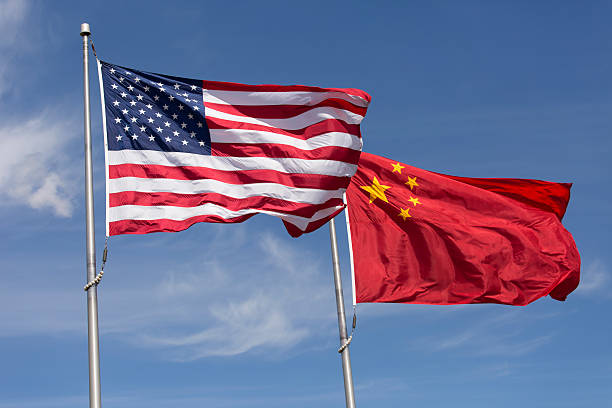Perizat RISBEK KIZI
Despite the fact that the American side has repeatedly insisted on this, the United States and China have never had constructive dialogues on strategic stability.
Against this backdrop, the announcement of the upcoming high-level strategic dialogue between the United States and China is significant. According to the South China Morning Post (SCMP), it could take place in January in the form of a telephone conversation or videoconference. According to the report, the consultations will be attended by US Secretary of Defense Lloyd Austin, and his interlocutors will be Chinese counterpart Wei Fenghe and Vice Chairman of the PRC’s Central Military Commission Xu Qiliang.
It is worth emphasizing that on November 16, the US leader’s national security adviser Jake Sullivan said that US President Joe Biden, during an online summit with Chinese President Xi Jinping, raised the issue of the need for a series of rounds of dialogue on strategic stability.
According to SCMP, the main topic of the upcoming consultations will be the Taiwan issue and arms control.
What should be expected from a strategic dialogue?
The New York Times writes that US officials, describing American strategy, say that Mr. Biden and his closest advisers plan to move slowly, focusing negotiations first on preventing accidental conflict and then on each country’s nuclear strategy and associated instability which can arise from attacks in cyberspace and outer space. Thus, the publication points to the fact that China’s capabilities could jeopardize President Biden’s hopes of reducing the role of nuclear weapons in American defense and that Beijing’s recent moves from building new missile silos to testing new types of modern weapons are of great concern to the Pentagon.
In this context, the Pir Center writes that in the new Cold War, not only the risk of an armed clash between the United States and China has increased, but also the risk of their use of nuclear weapons in the event of a conflict over Taiwan or the South China Sea. According to the think tank, the increase in the military-political and economic power of China, on the one hand, as well as the rapprochement between Russia and China, on the other, have led to a change in China’s place in the US military and defense doctrine.
At the same time, according to political scientist Alexander Asafov, attempts to come to any agreements with China are mainly due to the desire of the American side to contain China and the modernization of its weapons. Moreover, talk about global security is just a good reason for the United States to drag the republic into any limiting agreements.
However, expert Vasily Kashin in his analysis for the Russian Council notes that it is now in the interests of both parties to establish a common framework for deepening rivalry and make it relatively predictable. In his opinion, next year promises to be very important and difficult for both China and the United States from an internal political point of view, and in these conditions, it is important for the parties to mark each other “red lines” and agree on the creation of communication channels in order to calmly go through the upcoming difficult period. Nevertheless, the expert also indicated that the resumption of this dialogue does not mean a transition in the foreseeable future to work on specific agreements on arms control. Kashin writes that these discussions may drag on for many years – just until the time when the Chinese nuclear potential comes close to the potential of Russia and the United States.
In turn, expert Sergei Lukonin believes that the upcoming virtual summit of Biden and Xi Jinping will make it clear to the international community whether Beijing and Washington will begin to move towards each other or the confrontation will continue. However, as the expert summarizes, so far no fundamental changes in US policy towards China have been observed under Biden.

